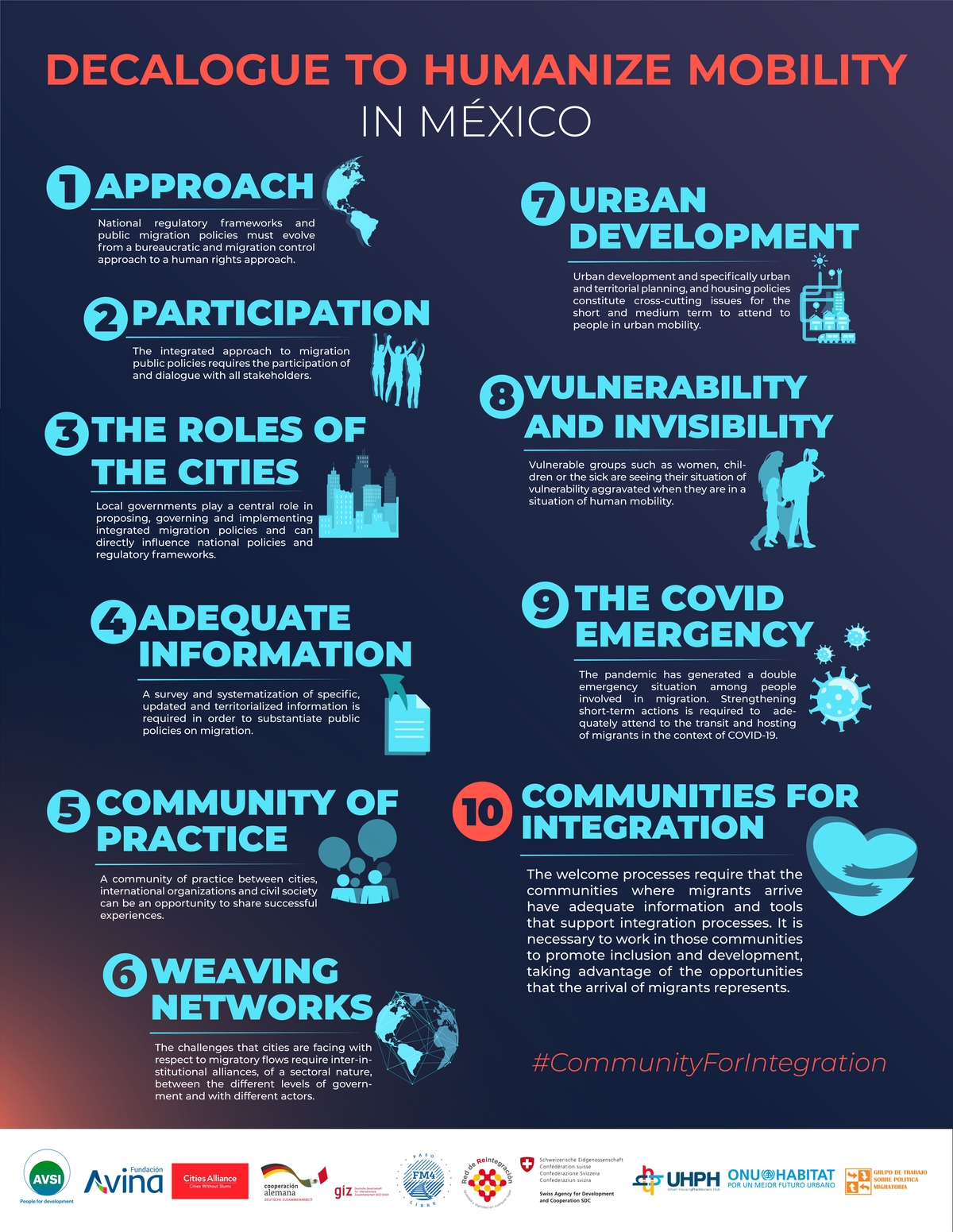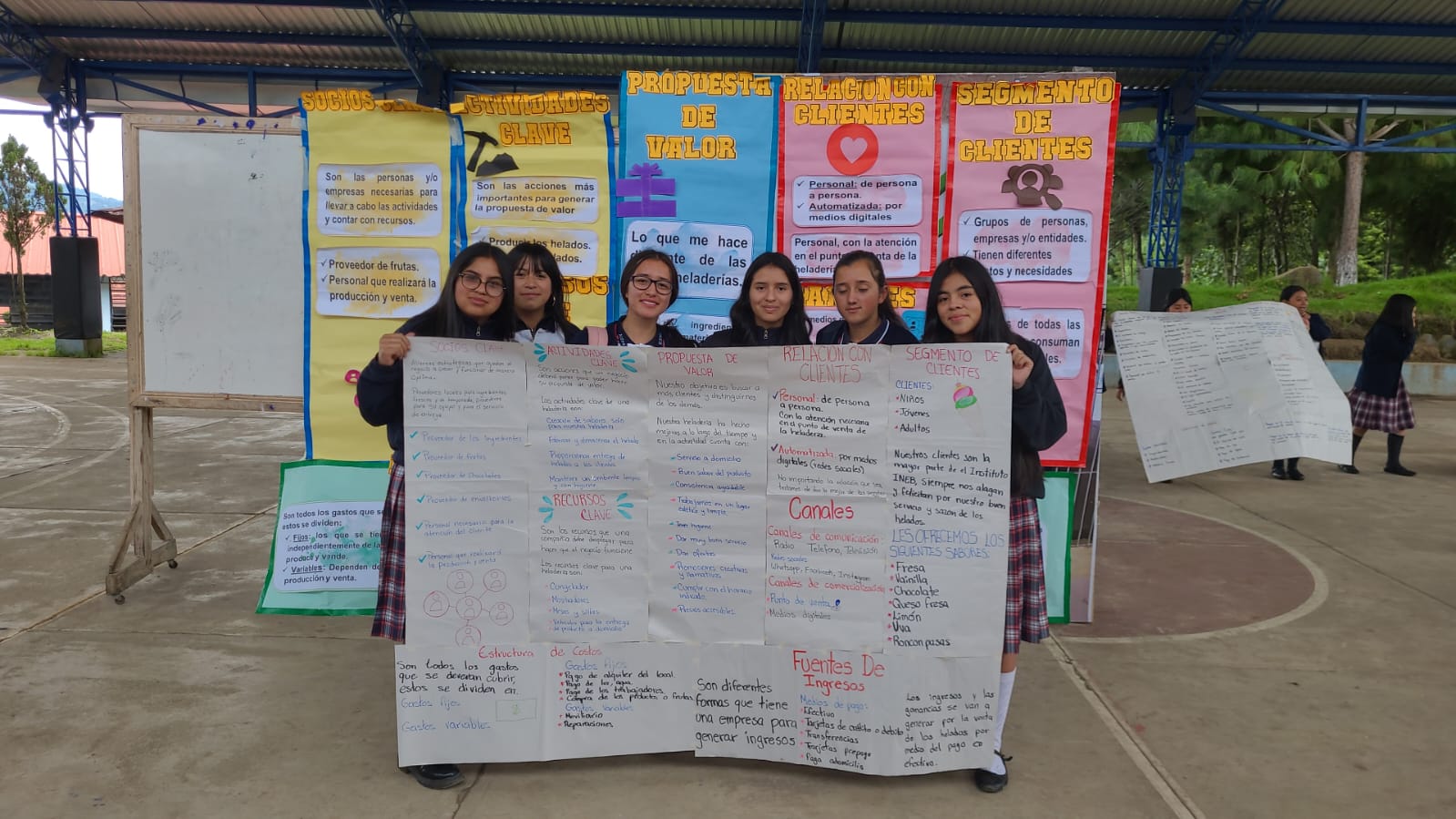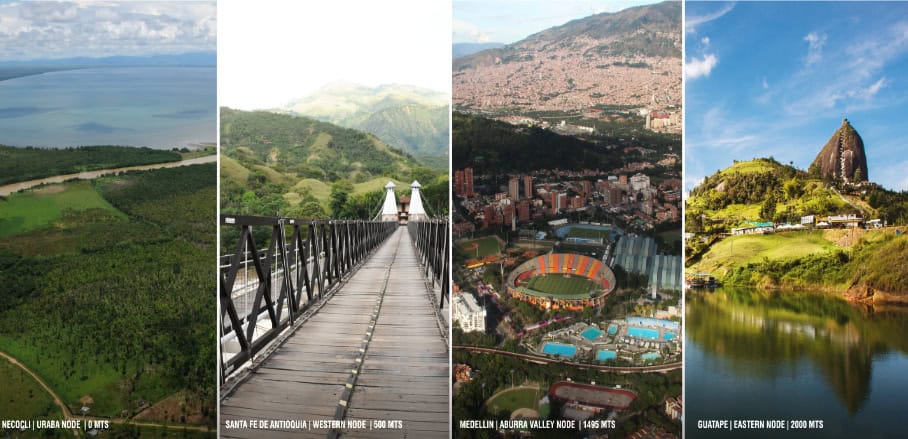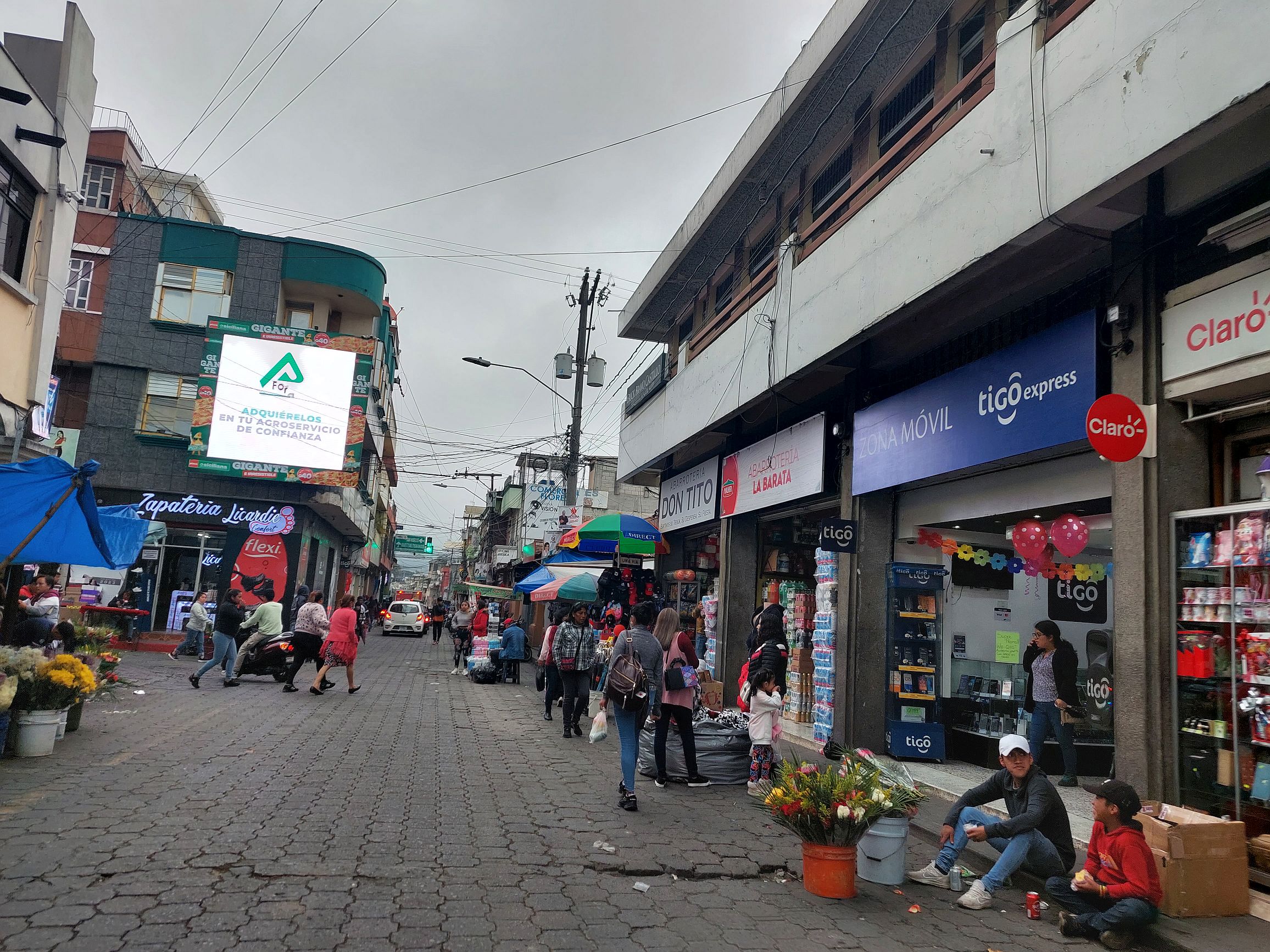Inclusion of Migrants in Mexico
Decalogue
In August and November 2020 Cities Alliance co-organized with members and partners a series of Housing Laboratories (LAVs) on the challenges faced by Mexican cities, as a consequence of migratory processes, and those encountered by migrants in the context of the global pandemic.
The first LAV showed that municipalities are the institutions that are closest to migrants and represent a space for innovation in the formulation and implementation of public policies. A community of practice between cities seemed, therefore, an opportunity and a tool to share experiences and accelerate the response in regards to migrants needs.
The second one explored more in detail the conditions to establish the collaborative framework of a community of practice for the inclusion of migrants in the context of Covid-19 in Mexico. Target communities include migrants in transit, returning migrants, hosting communities and people on forced displacement.
The main conclusions of the LAVs have been summarized in 10 key principles:

Decalogue
1.-Approach: National regulatory frameworks and public migration policies must evolve from a bureaucratic and migration control approach to a human rights approach.
2.-Participation: The integrated approach to migration of public policies requires the participation of and dialogue with all stakeholders.
3.-The roles of cities: Local governments play a central role in proposing, governing and implementing integrated migration policies and can directly influence national policies and regulatory frameworks. Local action mechanisms must be systematized in order to be replicable and scalable.
4.-Adequate information: A survey and systematization of specific, updated and territorialized information is required in order to substantiate public policies on migration. Civil society organizations have a large amount of very valuable information that must be taken into account.
5.-Community of practice: A community of practice between cities, international organizations and civil society can be an opportunity to share successful experiences that fast-track appropriate response to the needs of people in human mobility.
6.-Weaving networks: The challenges that cities are facing with respect to migratory flows require inter-institutional alliances, of a sectoral nature, between the different levels of government and with different actors on the territory in order to promote a rights-based approach.
7.-Urban development: Urban development and specifically urban and territorial planning, and housing policies constitute cross-cutting issues for the short and medium-term to attend to people in urban mobility.
8.-Vulnerability and invisibility: Vulnerable groups such as women, children or the sick are seeing their situation of vulnerability aggravated when they are in a situation of human mobility. It is necessary to address in a sensitive manner the particularities of these groups, which are made invisible due to their fragile representation and the regulatory situation.
9.-The COVID emergency: The pandemic has generated a double emergency situation among people involved in migration. Strengthening short-term actions is required to adequately attend to the transit and hosting of migrants in the context of COVID-19.
10.- Communities for integration: The welcome processes require that the communities where migrants arrive have adequate information and tools that support integration processes. It is necessary to work in those communities to promote inclusion and development, taking advantage of the opportunities that the arrival of migrants represents.
The LAVs were organized by AVSI Foundation, Avina Foundation, UN-Habitat, GIZ Mexico, GTPM, Red Re-Integración, FM4 and Cities Alliance (with the support from the Swiss Agency for Development and Cooperation).
Learn more:
LAV 1 Strengthening Alliances to Support Migrants in the Context of Covid-19 in Mexico
LAV 2 A Community of Practice for the Inclusion of Migrants in Mexico
About LAVs: Housing Labs in Latin America: A New Approach to Urban Governance





